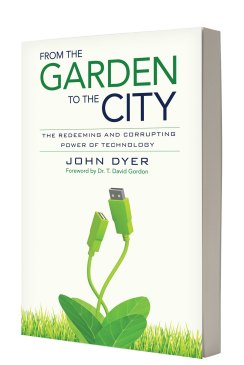I have a pretty terrible memory when it comes to words and numbers. I remember things through concepts and first principles, not through raw memory retention. It was like that learning chemistry: I got the concept of the Periodic Table and so did OK in physical and inorganic chemistry, but organic chemistry was a mess of remembering a bunch of seemingly random reactions that had no rhyme or reason and so I flunked it! It's the same with sermons. Don't give me a 10-point, 5-point or even a 3-point lesson, because I won't remember the points tomorrow. Give me one clear concept and it will stick with me. I still recall Robert Lewis encouraging us to "be life-giving spirits" i.e. putting life into the world rather than sucking life out of it. THAT stuck with me. I can't for the life of me recall his definition of manhood because it has several points! (1. Reject passivity, 2. Lead courageously... 3. ...hmmm, expect God's higher reward?... I think I'm missing one - see!)
So, with this backdrop, a couple of years ago I started to memorize scripture and it took me a whole year to memorize Psalm 139! Yup, just one Psalm (but it is a pretty long one!). As part of memorizing it, at one point I put the whole Psalm into a Prezi, line by line. Then I moved to memorizing the Beatitudes and for this I used a cool mind-mapping app called iThoughtsHD. Finally I'm currently trying to memorize the start of Philippians 2, using the same tool.
Pulling this scripture into prayer is awesome once it's stuck in your noggin and so now each morning I can start my quiet time with the following 3 steps (still working on step 3 'cause it's not sticking yet!):
- The Beatitudes - frame my thoughts on God's economy and what's truly important in His Kingdom
- Psalm 139 - open my heart totally and transparently to God. Total surrender.
- Philippians 2:1-11 - the nuts and bolts of living out the Christian life, in Christian community and all to the glory of Jesus
Below are the Prezi and mind-maps walking through the steps...
1. The Beatitudes
2. Psalm 139
3. Philippians 2
I hope that others find these scriptures and tools useful too!






